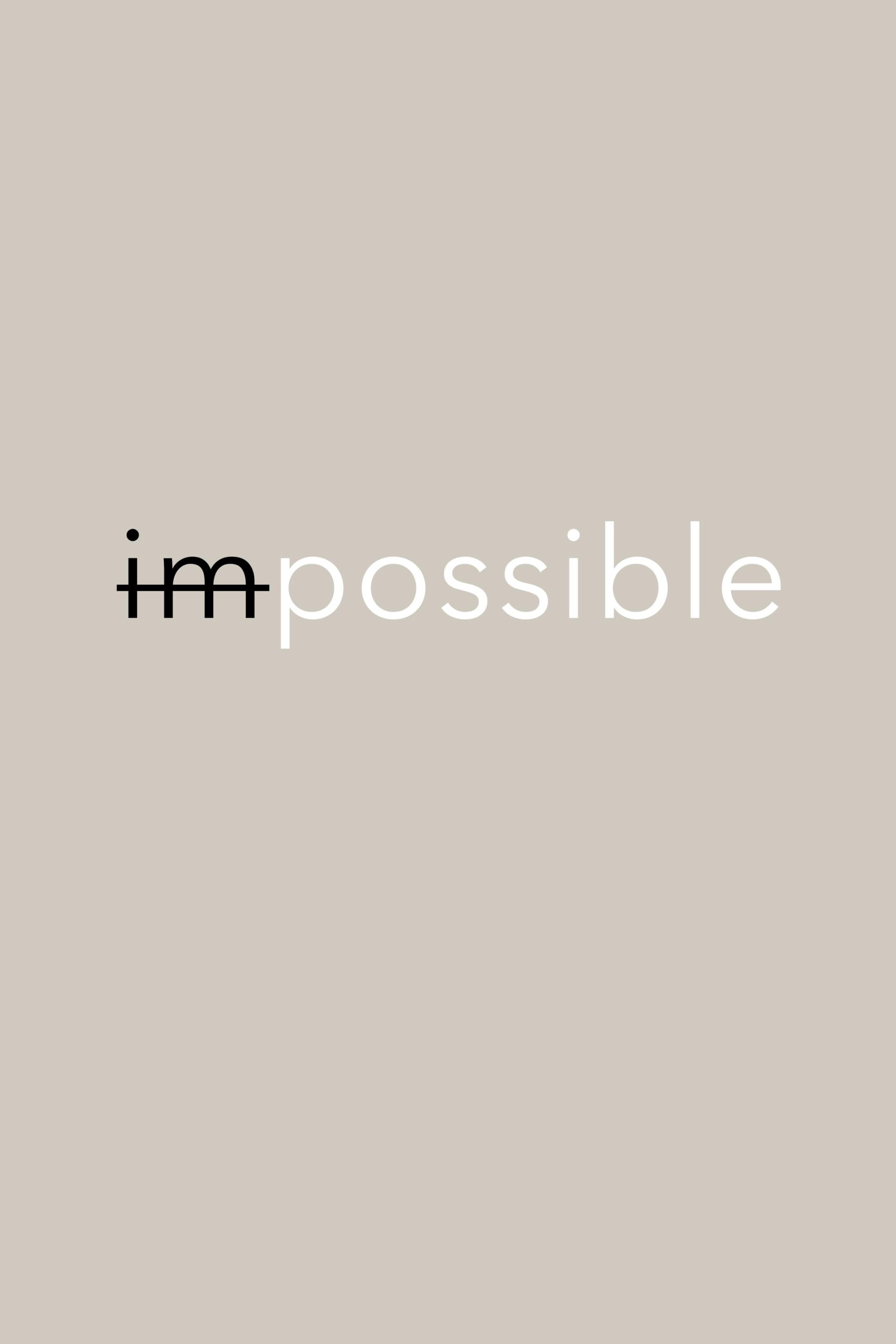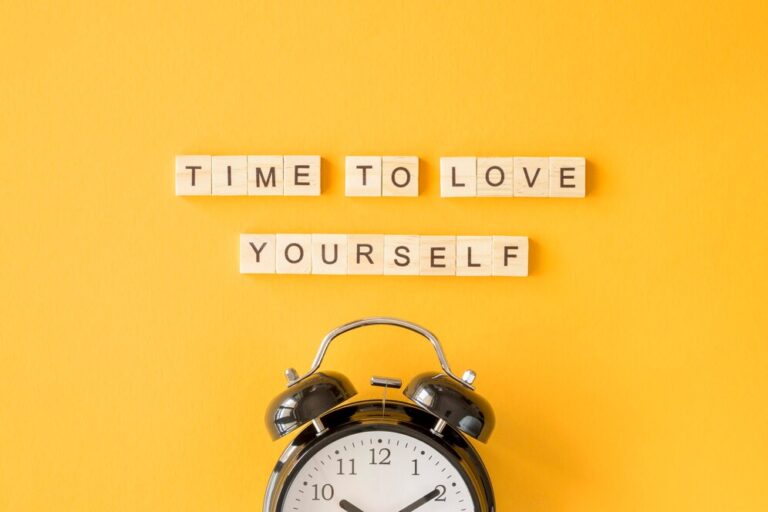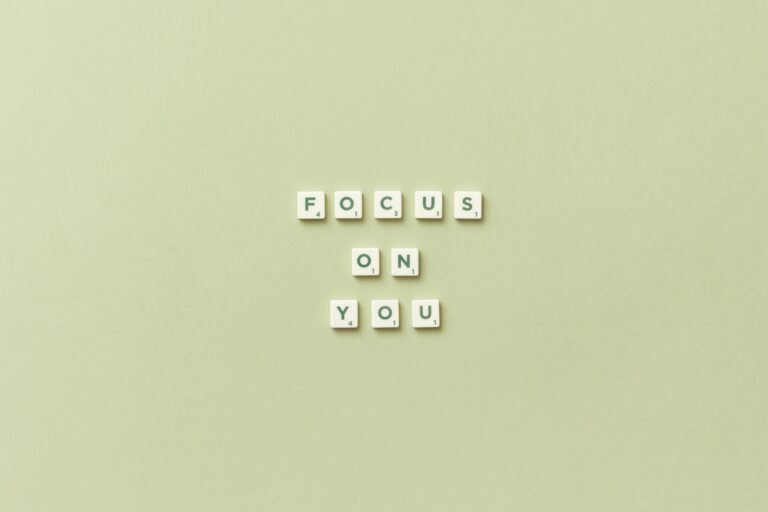Best daily habits to build self-discipline: Simple steps to start today
You know that feeling when you set a goal on Sunday night, full of determination, only to find yourself completely off track by Wednesday? I’ve been there more times than I want to admit.
For years, I thought self-discipline was this mysterious superpower that some people were born with and others (like me) just had to struggle without. I’d watch disciplined people effortlessly stick to their routines while I bounced between bursts of motivation and complete chaos.
But here’s what changed everything for me: Self-discipline isn’t a personality trait you’re born with. It’s a skill you build through daily habits.
The difference between people who seem naturally disciplined and those who struggle isn’t willpower or genetics. It’s that disciplined people have developed specific daily habits that make self-discipline automatic instead of exhausting.
Today, I’m going to share daily habits that transformed my scattered, inconsistent life into one where I actually follow through on what matters. These aren’t complicated routines that require perfect conditions – they’re simple, practical steps you can start implementing today.
Why most people get daily discipline habits completely wrong
Before we get into what works, let’s clear up the massive misconceptions that keep people stuck in cycles of starting and stopping.
Myth 1: You need perfect conditions to build discipline
People wait for the “right time” – when they’re less stressed, have more energy, or feel more motivated. But discipline is built in imperfect conditions, not perfect ones.
Myth 2: Discipline habits should be big and impressive
We think we need to meditate for an hour, work out for 90 minutes, or completely overhaul our lives overnight. But the most powerful discipline habits are often the smallest ones.
Myth 3: Missing one day ruins everything
This all-or-nothing thinking destroys more discipline attempts than any other factor. One missed day doesn’t erase your progress – giving up after one missed day does.
Myth 4: Discipline should feel hard all the time
If building discipline feels like torture, you’re doing it wrong. The goal is to make disciplined choices feel natural and automatic, not like constant internal warfare.
Myth 5: You need massive willpower to be disciplined
Willpower is like a muscle that gets tired. The most disciplined people don’t rely on willpower – they rely on systems and habits that make good choices easier than bad ones.

The hidden cost of lacking daily discipline habits
When you don’t have consistent discipline habits, you’re not just missing out on achieving your goals. You’re paying a much higher price than you realize.
Decision fatigue becomes overwhelming. Without disciplined routines, every day is filled with countless micro-decisions. Should I work out today? What should I eat? When should I start that important project? Each decision drains your mental energy, leaving you exhausted before you’ve accomplished anything meaningful.
You stop trusting yourself. Every time you tell yourself you’ll do something and then don’t follow through, you damage the most important relationship you have – the one with yourself. After enough broken promises, you stop taking your own commitments seriously, which makes achieving anything meaningful feel impossible.
Progress becomes unpredictable. Without consistent habits, your results become completely dependent on how you feel on any given day. Good mood? You might make progress. Bad mood? Everything falls apart. This inconsistency keeps you stuck in the same place year after year.
Stress multiplies. When you’re constantly behind on your commitments to yourself, life feels chaotic and overwhelming. You’re always playing catch-up instead of moving forward with confidence.
Opportunities slip away. The biggest goals in life – getting fit, building a business, learning new skills, improving relationships – all require consistent action over time. Without discipline habits, these opportunities pass by while you’re stuck in cycles of starting and stopping.

The 5 foundational daily habits that build unshakeable self-discipline
After transforming my own relationship with discipline, I’ve identified five core daily habits that create the foundation for everything else. These aren’t just random suggestions – they’re specifically designed to build your discipline muscle while creating momentum in your life.
1. The morning decision ritual – start your day in control
Why this habit is crucial:
The first hour of your day sets the tone for everything that follows. Most people wake up and immediately react – checking phones, responding to messages, letting external forces dictate their energy and focus. This reactive start creates a scattered, undisciplined day.
How it works:
Before you check your phone, email, or news, you make one intentional decision about your day. This single act of conscious choice activates your prefrontal cortex – the part of your brain responsible for self-control and long-term thinking.
The simple implementation:
When you wake up, before doing anything else, choose one meaningful action you’ll take today that moves you toward an important goal. It could be:
- “I will write for 20 minutes after breakfast.”
- “I will take a 15-minute walk during lunch.”
- “I will call the person I’ve been putting off calling.”
The key is making this choice before your day starts making choices for you.
Why this builds discipline:
Each morning decision strengthens your ability to act from intention rather than impulse. Over time, this habit rewires your brain to default to conscious choice instead of automatic reaction.
Advanced level:
Once this becomes natural, expand to choosing your top three intentions for the day, but always start with just one conscious choice.
2. The micro-commitment habit: Build trust with yourself through tiny actions
Why this habit is crucial:
Self-discipline is basically about self-trust. If you don’t believe you’ll follow through on your commitments to yourself, your brain will resist making any commitments at all. This habit rebuilds that trust through guaranteed wins.
How it works:
Every day, you make one commitment to yourself that’s so small it’s impossible to fail. The goal isn’t impressive results – it’s consistent follow-through that proves to yourself you can be trusted.
The simple implementation:
Choose one action that takes less than 2 minutes and commit to doing it every day for a week:
- Do 5 push-ups.
- Write one sentence in a journal.
- Make your bed.
- Drink one extra glass of water.
- Take three deep breaths.
The smaller, the better. You can always do more, but you must do the minimum every single day.
Why this builds discipline:
Each completed micro-commitment is proof that you’re someone who follows through. This evidence accumulates and gradually shifts your identity from “someone who starts and stops” to “someone who keeps commitments.”
Advanced level:
After successfully completing one micro-commitment for a week, you can add a second one or slightly increase the first one. But never skip the consistency phase.
This approach aligns perfectly with the concept we explored in The power of tiny moments: How 5-minute rituals can transform your life – small, consistent actions create massive transformation.
3. The resistance recognition practice: Notice when your brain tries to talk you out of discipline
Why this habit is crucial:
Your brain is designed to keep you comfortable and safe, which means it will generate resistance whenever you try to do something challenging or different. Most people mistake this resistance for truth and give in to it. This habit teaches you to recognize resistance as a normal part of growth, not a reason to quit.
How it works:
Several times throughout the day, you pause and check in with yourself. Are you avoiding something you know you should do? Are you making excuses? Are you feeling resistance to taking action? Instead of fighting these feelings, you simply notice them.
The simple implementation:
Set three random alarms on your phone throughout the day. When they go off, pause and ask yourself:
- “What am I avoiding right now?”
- “What excuse am I making?”
- “What would the disciplined version of me do in this moment?”
Don’t force yourself to take action – just notice the resistance patterns.
Why this builds discipline:
Awareness always precedes change. By noticing when resistance shows up, you stop being controlled by it unconsciously. You can’t change patterns you don’t see.
Advanced level:
Once you’re good at noticing resistance, start taking one small action in the direction of what you’re avoiding, even if you don’t feel like it.

4. The energy protection ritual: Guard your mental energy like your most valuable resource
Why this habit is crucial:
Self-discipline requires mental energy. If you drain this energy early in the day on unimportant decisions, distractions, and reactive tasks, you’ll have nothing left for what truly matters. This habit protects and preserves your mental energy for your highest priorities.
How it works:
You create specific boundaries around how you spend your mental energy, treating it as a finite resource that must be allocated intentionally.
The simple implementation:
Choose one energy drain to eliminate or minimize each day:
- Don’t check social media until after lunch.
- Batch similar tasks together instead of switching constantly.
- Say no to one non-essential request.
- Avoid news or negative content for the first hour of your day.
- Put your phone in another room while working on important tasks.
Start with just one boundary and maintain it consistently.
Why this builds discipline:
When you protect your mental energy, you have more available for the moments when discipline is required. You’re not trying to be disciplined when you’re already mentally exhausted.
Advanced level:
Create a full “energy audit” of your day and systematically eliminate or reduce the biggest energy drains.
5. The reflection and reset practice: End your day with intention
Why this habit is crucial:
Most people end their days passively – scrolling phones, watching TV, or collapsing into bed without any conscious transition. This passive ending means they never process their day or set themselves up for success tomorrow. This habit creates closure and intentional preparation.
How it works:
Before you go to sleep, you spend 5 minutes reflecting on your day and setting one clear intention for tomorrow.
The simple implementation:
Ask yourself three questions before bed:
- “What did I do well today?” (celebrate your discipline wins, even small ones)
- “What can I learn from today?” (without judgment, just observation)
- “What’s one way I’ll show up with discipline tomorrow?” (set one specific intention)
Write down your answers in a notebook or phone notes.
Why this builds discipline:
This practice reinforces positive patterns, helps you learn from challenges, and ensures you wake up with clear direction instead of starting each day from scratch.
Advanced level:
Add a weekly review where you look at patterns over the past seven days and adjust your habits based on what you’ve learned.
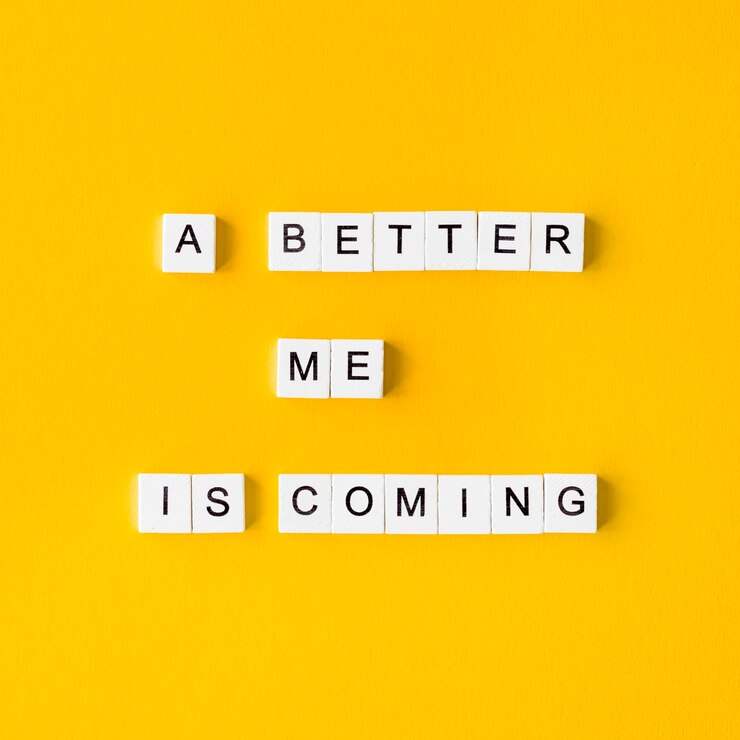
The daily discipline routine that changes everything
Now that you understand the five foundational habits, here’s how to put them together into a simple daily routine that builds unstoppable self-discipline:
Morning (5 minutes):
- Upon waking: Make one intentional decision for your day before checking your phone.
- During your morning routine: Complete your micro-commitment (2 minutes or less).
Throughout the day:
- When alarms go off: Pause and notice any resistance or avoidance patterns.
- During work/activities: Maintain your chosen energy boundary.
Evening (5 minutes):
- Before bed: Reflect on your day and set tomorrow’s intention.
Total time investment: Less than 15 minutes per day.
Total impact: Complete transformation of your relationship with discipline.
How to implement these habits without overwhelming yourself
The biggest mistake people make when trying to build discipline habits is attempting to change everything at once. Here’s the smart way to implement these habits:
Week 1: Foundation building
- Focus on: Just the morning decision ritual.
- Goal: Make one conscious choice each morning before reactive activities.
- Success metric: Did you pause and make an intentional choice, regardless of whether you followed through perfectly?
Week 2: Trust building
- Add: The micro-commitment habit.
- Goal: Choose one tiny daily action and complete it every day.
- Success metric: 7 days of completing your micro-commitment, no matter how small.
Week 3: Awareness expansion
- Add: The resistance recognition practice.
- Goal: Simply notice resistance patterns without forcing change.
- Success metric: Increased awareness of when and why you avoid important actions.
Week 4: Energy optimization
- Add: One energy protection boundary.
- Goal: Protect your mental energy for what matters most.
- Success metric: Maintaining your chosen boundary more days than not.
Week 5: Integration completion
- Add: The evening reflection practice
- Goal: End each day with intention and learning
- Success metric: Consistent evening reflection, even if brief
Maintenance mode:
Once all five habits feel natural (usually 6-8 weeks), you can begin optimizing and expanding them based on what you’ve learned about yourself.
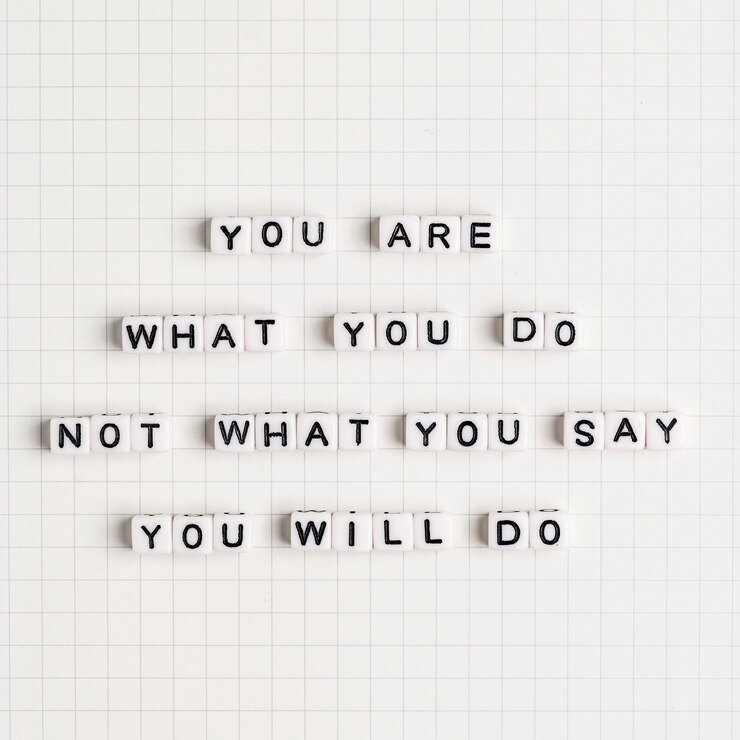
Common obstacles and how to overcome them
Even with the best intentions, you’ll face challenges as you build these discipline habits. Here are the most common obstacles and exactly how to handle them:
“I don’t have time for all these habits”
Reality check: These five habits require less than 15 minutes total per day. You spend more time than that scrolling social media or deciding what to watch on Netflix.
Solution: Start with just the morning decision ritual. Once that feels automatic (usually 7-14 days), add the next habit. Building slowly ensures long-term success.
“I keep forgetting to do them”
Reality check: You’re not forgetting – you’re avoiding. Your brain resists new patterns because they require conscious effort.
Solution: Attach each new habit to something you already do automatically. Check your phone after making your morning decision. Do your micro-commitment while your coffee brews. Set phone alarms as reminders until the habits become automatic.
“I missed a day and feel like giving up”
Reality check: This all-or-nothing thinking is what keeps you stuck in cycles of starting and stopping.
Solution: Missed days are data, not failure. Ask yourself what made yesterday challenging and how you can prevent similar obstacles. Then simply start again today. Your streak starts now, not weeks ago.
“These habits feel too small to matter”
Reality check: You’re looking for dramatic results instead of sustainable change. Small habits compound into massive transformations over time.
Solution: Trust the process. Focus on consistency for 30 days before evaluating results. The goal is to become someone who follows through, not to achieve impressive milestones immediately.
“I don’t feel motivated to do them every day.”
Reality check: Motivation is unreliable and temporary. Discipline means acting regardless of how you feel.
Solution: Make the habits so small that motivation isn’t required. You can do 5 push-ups even when unmotivated. You can make one decision even when you feel scattered. Start before you feel ready.

Advanced strategies for accelerating your discipline development
Once you’ve mastered the five foundational habits, you can accelerate your discipline development with these advanced strategies:
The discipline stack method
Instead of random habits, create sequences that build on each other: Wake up → Make morning decision → Do micro-commitment → Eat healthy breakfast.
This creates a chain reaction where each disciplined choice makes the next one easier
The environment design approach
Modify your environment to make disciplined choices automatic:
- Put your workout clothes next to your bed.
- Remove apps that drain your energy.
- Prepare healthy snacks in advance.
- Create a dedicated space for focused work.
The identity reinforcement technique
After each disciplined action, say to yourself: “This is who I am becoming.” This reinforces your evolving identity as a disciplined person.
The difficulty graduation system
Gradually increase the challenge of your habits:
- Week 1-2: 5 push-ups daily.
- Week 3-4: 10 push-ups daily.
- Week 5-6: 15 push-ups daily.
This builds your confidence while strengthening your discipline muscle.
The compound effect: How small daily habits create massive life changes
Here’s what most people don’t understand about discipline habits – their power isn’t in what they accomplish directly. It’s in how they change you and ripple out into every area of your life.
When you consistently follow through on small commitments to yourself, several powerful things happen:
Your decision-making improves: As you practice making conscious choices, you get better at recognizing what truly matters versus what just feels urgent.
Your confidence grows: Each kept commitment proves you can trust yourself, which makes you more willing to set bigger goals and take meaningful risks.
Your energy increases: Discipline creates positive momentum that energizes you instead of draining you.
Other people notice: Your increased follow-through and reliability improve your relationships and create new opportunities.
Your standards rise naturally: As discipline becomes normal, you naturally expect more of yourself in all areas of life.
The daily habits aren’t just about building discipline. They’re about becoming the type of person who naturally makes choices aligned with their values and long-term goals.

Your 30-day discipline transformation challenge
Ready to prove to yourself that you can build unshakeable self-discipline? Here’s your 30-day challenge:
Days 1-7: Foundation week
- Daily action: Make one intentional decision each morning before checking your phone.
- Goal: Establish the pattern of conscious choice.
- Track: Whether you paused and made a decision (not whether you followed through perfectly).
Days 8-14: Trust week
- Add: One micro-commitment (less than 2 minutes).
- Goal: Build self-trust through consistent small wins.
- Track: Daily completion of your micro-commitment.
Days 15-21: Awareness week
- Add: Three daily resistance check-ins.
- Goal: Recognize avoidance patterns without judgment.
- Track: Moments when you noticed resistance arising.
Days 22-28: Energy week
- Add: One energy protection boundary.
- Goal: Preserve mental energy for what matters most.
- Track: Days you maintained your chosen boundary.
Days 29-30: Integration weekend
- Add: Evening reflection practice.
- Goal: End each day with learning and intention.
- Track: Consistent evening reflection.
Success metrics for the full 30 days:
- Not perfection, but consistency: Aim for 80% completion across all habits.
- Increased self-awareness: Notice patterns in your resistance and energy.
- Growing confidence: Feel more capable of following through on commitments.
- Natural progression: Find yourself naturally choosing more disciplined actions.
Beyond the 30 days: Making discipline your new normal
After 30 days of consistent practice, these habits should feel significantly more natural. But this is just the beginning. Here’s how to continue building on your foundation:
Month 2: Optimization
- Fine-tune your habits based on what you learned in month 1.
- Add small challenges to habits that feel too easy.
- Begin connecting habits to larger goals you care about.
Month 3: Expansion
- Apply your discipline skills to one specific area of life (health, work, relationships).
- Introduce slightly more challenging habits now that your discipline muscle is stronger.
- Start helping others build discipline (teaching reinforces your own learning).
Months 4-6: Integration
- Make discipline your identity rather than something you do.
- Handle setbacks with self-compassion and quick recovery.
- Use your discipline foundation to pursue meaningful goals with confidence.
Long-term: Mastery
- Discipline becomes automatic in most situations.
- You help others develop discipline through your example and support.
- Your life reflects your values because you consistently choose long-term fulfillment over short-term comfort.
The truth about sustainable self-discipline
Here’s what I wish someone had told me when I first started building discipline: The goal isn’t to become someone who never struggles with discipline. The goal is to become someone who maintains discipline despite the struggles.
Disciplined people aren’t superhuman. They still feel resistance. They still have days when motivation is low. They still face unexpected challenges that disrupt their routines.
The difference is in how they respond to these inevitable obstacles:
- Instead of giving up after missing a day, they start again immediately.
- Instead of waiting for motivation, they take action before they feel ready.
- Instead of requiring perfect conditions, they find ways to maintain their habits in imperfect circumstances.
- Instead of judging themselves harshly for struggles, they treat setbacks as normal parts of growth.
Building sustainable self-discipline means accepting that it’s a practice, not a destination. Some days will be easier than others. Some seasons of life will test your discipline more than others. This is normal and expected.
What matters is developing the skills and habits that help you maintain forward momentum regardless of circumstances.
Your disciplined life starts with the next decision
Everything you want in life – the career goals, the relationships, the health, the peace of mind, the sense of accomplishment – all of it requires consistent action over time.
And consistent action over time is exactly what these daily discipline habits create.
You don’t need to overhaul your entire life starting tomorrow. You don’t need perfect conditions or unlimited willpower. You just need to start with one conscious choice in the morning and build from there.
The most successful people in the world aren’t the most naturally talented or the most motivated. They’re the ones who’ve learned to show up consistently, regardless of how they feel.
That’s a skill you can develop. That’s exactly what these habits will do for you. Your journey to unshakeable self-discipline starts with your next decision. What will you choose?
Ready to transform your discipline once and for all?
If this article resonated with you, it’s time to go beyond just reading about discipline and start building it systematically.
These daily habits are powerful, but they’re just the beginning of what’s possible when you have a complete system for building unshakeable self-discipline.
My Self-discipline workbook takes everything you’ve learned here and expands it into a comprehensive transformation program. This isn’t just more information – it’s a day-by-day blueprint that builds your discipline muscle systematically while eliminating the mental barriers that have held you back.
The difference between reading about discipline and actually building it is having a structured system that guides you through the process step by step.
Imagine 30 days from now – waking up each morning knowing you’ll follow through on what matters most to you. No more internal battles. No more starting and stopping. No more wondering why you can’t stick with things.
You have everything you need to become incredibly disciplined. You just need the right system to bring it out.

